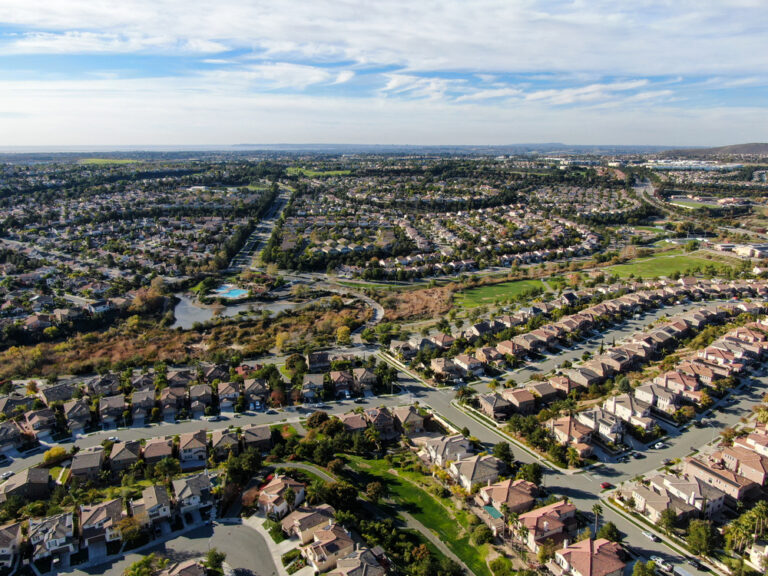Disparities in pollution capitalization rates: the role of direct and systemic discrimination

Download
Air pollution from fine particulate matter (PM2.5) is detrimental to health and productivity. In the United States it has also been shown to affect house prices, the focus of this study. Disparities in exposure to air pollution across ethnic groups give rise to environmental justice concerns, as Black communities are disproportionally more exposed to air pollution than White communities in the US. However, over the past few decades, air pollution has declined across economic sectors in the US, which has benefitted all groups but particularly Black communities, helping to reduce the disparity in exposure to air pollution on average.
This paper asks how the changes in air quality have affected ethnic disparities in housing wealth, the single most important factor in wealth. The reduction in the difference in exposure to air pollution may also suggest larger house price increases for Black homeowners than for White homeowners. However, disparities in house prices depend not only on changes in pollution exposure across ethnic groups, but also on how cleaner air is reflected in house prices across ethnic groups. The analysis finds that air quality improvement positively affects house prices for White homeowners much more than for Black homeowners – with a ‘capitalization rate’ that is 63% higher than that for Black homeowners for the same unit of air quality improvement. As a result, relative house price disparities increase due to air quality improvements, despite reduced differences in exposure.
The paper finds that systemic discrimination, defined as differential access to complementary amenities between homeowners from different ethnic groups, such as access to green and safe outdoor spaces, drives three-quarters of the difference in the pollution capitalization rate. The remaining quarter can be attributed to direct discrimination that drives differences in capitalization rates within the same highly local area or even within the same property.
Key points for decision-makers
- Reducing disparities in exposure to pollution is a key factor for addressing environmental justice and for ensuring a fair transition to a cleaner world.
- But it is equally important to address how changes in environmental quality capitalize into outcomes, such as house prices or health, and how this capitalization rate may differ by ethnic or income groups.
- This study combines data on property level transactions, granular Census data on counts of homeownership by ethnic group (or ‘racial group’, in US terminology), and pollution exposure measurements from 2000–2019.
- The analysis finds large ethnic disparities in how cleaner air capitalizes into house prices, so large that they overturn the relative improvement in ethnic exposure disparities in the US and their effect on house prices.
- If Black homeowners had the same capitalization rates as White homeowners, their home values would have been 28% larger in 2019 from the observed air quality improvements.
- Addressing systemic and direct discrimination can help improve relative disparities from environmental quality improvements.

